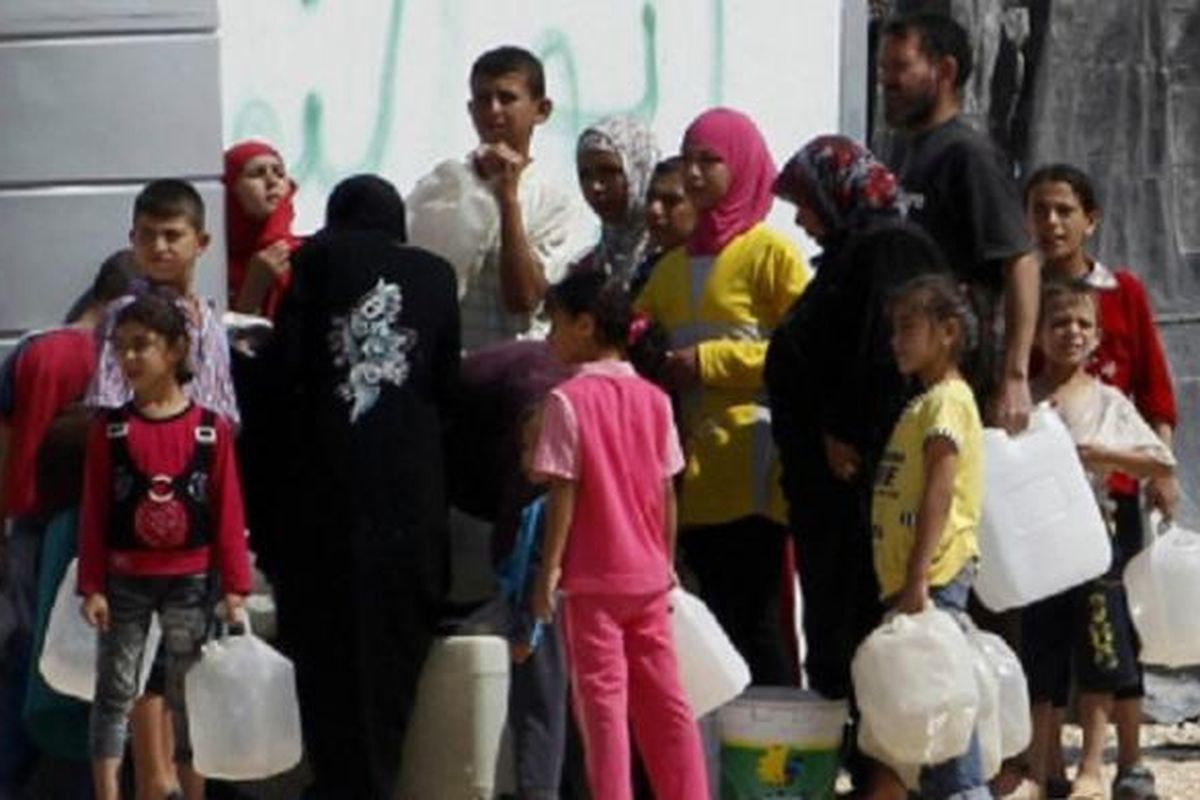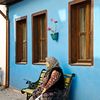A Year Later, Syrian Refugees Still Long to Return Home

She is most worried about her five-year-old daughter Roslyn, who is paralyzed in the legs and uses a wheelchair, from which other children sometimes push her to the ground.
"I try to keep her close to me, but she doesn't like to stay in the tent," Sharmoukh said.
In a nearby tent, Shams Abdulkader, a 40-year-old Kurdish mother of seven, said she cannot imagine living out the rest of her days in the camp.
Read also: Overhaul of Europe’s Asylum System Includes Faster Deportation Process
"We think of returning to our homes in Ras al-Ain day and night," she told AFP.
"I would have preferred to have died in my town than live in this camp, which feels like a grave."
But her hometown is not what it used to be even if she manages to return home.
Ankara's Syrian proxies — who have become bitter rivals of Syria's Kurds after successive Turkey-led operations against them — have made life intolerable for residents in Ras al-Ain and the nearby town of Tal Abyad, she said.
Read also: Dutch Government to Hold Syria Accountable for Gross Human Rights Violations
"They are our enemies," she said, describing them as "mercenaries".
"They kill people, kidnap women, steal our homes and cars, and no one stops them."
'I brought my house key'
UN High Commissioner for Human Rights Michelle Bachelet warned last month of growing violence and criminality in areas captured by Turkey and its Syrian proxies, including Ras al-Ain and Tal Abyad.
Her office has reported a pattern of violations in recent months, including increased killings, kidnappings, and seizures of land and properties.
Those who are critical of Turkey and its armed groups bear the brunt of these violations, the UN said.


































